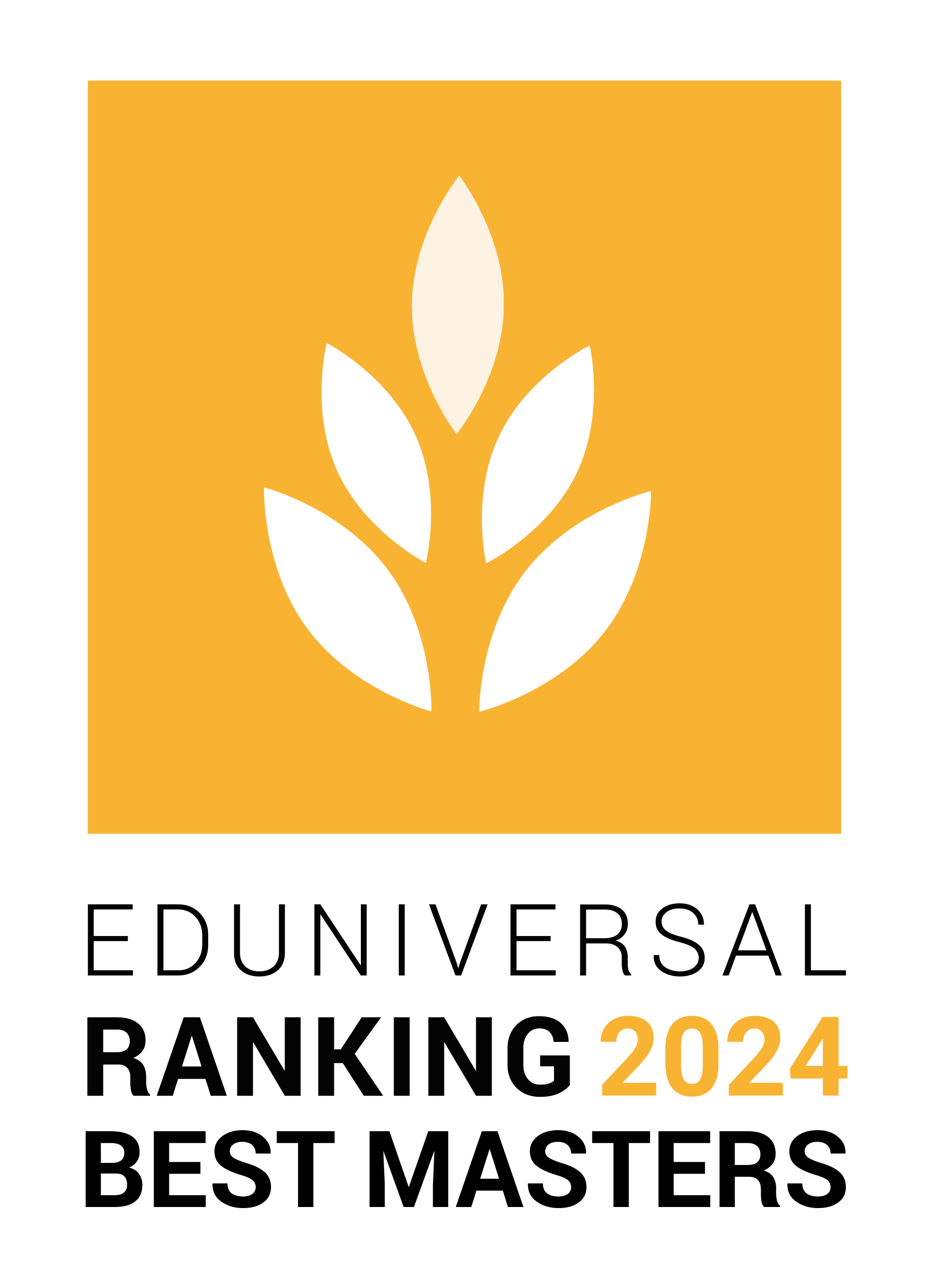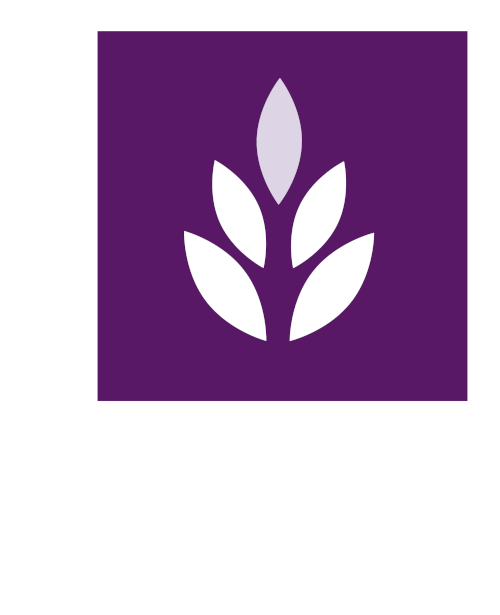- Home
- About
- Business Schools Ranking
- Selected schools
- study abroad
- Awards
- Contact

Study in Bulgaria
Bulgaria Statistics
Geography-Population
- Capital: Sofia
- Area: 110,993.6 km ²
- Climate: continental in the interior; cold, damp winters with snow in higher elevations and hot, humid summers
- Population: 7,576,751 (est. 2009)
- Languages: Bulgarian
Government-Economy
Government-Economy
Government Type: Parliamentary democracyNational Holiday:September 22 GDP: $90.763 billion (est. 2010)
GDP – per capita (PPP): $ 12,052 (est. 2010)
Information for Foreign Students in BulgariaGetting There There are four international airports: Sofia, Varna, Bourgas, and Plovdiv. There are a lot of charter and last-minute flight offers to Varna or Bourgas leaving from Western Europe (especially Germany and Great Britain). You can go from German airports to Bulgaria and back for less than €100, if you are lucky. Definitely avoid using taxis waiting at airports and railway stations! An exception represent the Sofia and Varna airports as recently both airports contracted with licensed taxi companies. Currently only these companies can enter the airport area and pickup passengers - prices are standard.
Obtaining a Visa
Bulgaria is a member of the Schengen Agreement but has not yet fully implemented it. For EU and EFTA (Iceland, Liechtenstein, Norway, Switzerland) citizens, an officially approved ID card (or a passport) is sufficient for entry. In no case will they need a visa for a stay of any length. Others will need a passport for entry.
Accommodation
Finding an accommodation in Bulgaria is very easy, for any price. You can find everything - from hostels in Sofia and Plovdiv, very cheap boarding houses along the coast to inexpensive hotels in all cities and luxury hotels in large cities. There are many 'mountain huts' or villas available for rent all around the mountains in the country. Overnight accommodations can also be acquired at about a dozen of the monasteries. There are also plenty of guest houses and villas.
Cost of Living
Prices in Bulgaria for some items are around half that of Western Europe, and good bargains are to be had on shoes and leather goods as well as other clothing. Note that clothes from famous international brands, perfumes, electronic equipment, etc. often are more expensive than in other parts of Europe.
Money
Currency used in Bulgaria is the Lev. Shopkeepers and other businesses in Bulgaria will usually not accept foreign money though many will accept the euro. Bulgaria remains a largely cash economy in the rural areas but in major cities credit cards are generally accepted. Over the past years the ATM network in Bulgaria has grown considerably, making it relatively easy to obtain cash from the numerous ATMs in Sofia, as well as in all other major cities and resorts. The national credit/debit card circuit BORICA, to which all ATMs in the country are hooked up, accepts VISA/Plus, Visa Electron, MasterCard/Cirrus, Maestro, American Express, Diners Club, and a number of other cards.
Health
Citizens of the European Union are covered by Bulgarian's National Healthcare System as long as they carry a Eurocard (or European Health Insurance Card), obtainable from their own national healthcare authority.
Safety
Bulgaria is generally a safe country, and people are quite friendly. You should however behave according to common sense when you are outside of the main tourist areas, i.e. don't show too openly that you have money, don't dress too much like a tourist, watch your things, don't walk around the suburbs (esp. those of Sofia) at night, avoid dark streets at night. Stepping in a hole is a much greater danger in Bulgaria than getting robbed.
Transportation
Certainly the fastest way to travel around the country is by bus. Buses go from and to every bigger city (you might have to ask or be driven by taxi to the bus station) quite frequently (exact timetables information in English can be found at avtogari.info or BGrazpisanie.com); however, most bus station agents (except at the Black Sea and in Sofia) as well as the drivers will not speak or understand any languages except Bulgarian (and, if you are lucky, Russian) and the destinations will be written exclusively in Cyrillic. You can look up bus schedules for the Sofia New Central at the bus station. Many taxi drivers know only limited English so it is useful to write out your destination or carry a map. One should be extremely careful about using a taxi in Bulgaria. Especially since you are a foreigner, you can definitely become a target of unscrupulous taxi drivers.
Official Selection of the Best Business Schools in Bulgaria
|
3 Palmes Of Excellence EXCELLENT Business School |
Rank Position in
Palmes’ League |
Deans’ Recommendation
rate 2024 |
|---|---|---|
| 1 | 316 ‰ |

Official Selection of the Best Business Schools in Bulgaria
Learn the ranking results of the best masters in Bulgaria here:
https://www.best-masters.com/ranking-master-in-bulgaria.html
